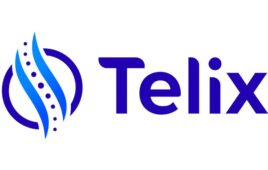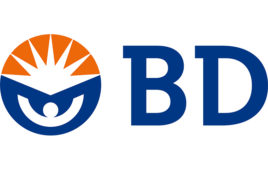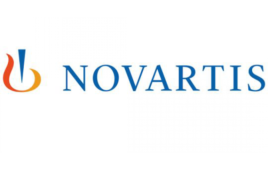
Recordati Rare Diseases Inc. acquires North American marketing rights to Cystadane (betaine anhydrous for oral solution).
Recordati Rare Diseases Inc., a biopharmaceutical company that provides orphan therapies to underserved rare disease communities in the U.S., today announced the acquisition of North American marketing rights to Cystadane (betaine anhydrous for oral solution).
Cystadane, the only betaine anhydrous prescription medication approved by the U.S. Food & Drug Administration (FDA), is indicated for the treatment of homocystinuria to decrease elevated homocysteine blood levels.
Homocystinuria is the term used for several rare genetic disorders (diseases passed down through families) that cause levels of homocysteine to build up in blood and urine. This build-up occurs when the body cannot properly process methionine. Methionine and homocysteine are two very important amino acids. Amino acids are the building blocks that the body uses to make proteins.
There are multiple forms of homocystinuria, which are distinguished by their signs and symptoms and genetic cause. High levels of homocysteine and abnormal levels of methionine can cause many different symptoms in the body and lead to chronic, serious, and potentially life-threatening health issues.
“Patients suffering from homocystinuria are treated with Cystadane to decrease elevated blood levels of homocysteine, as betaine treatment is an important component of disease management,” said Renata Sklodowska, M.D., Director, Medical Affairs, Recordati Rare Diseases Inc. “We are committed to meeting the needs of the homocystinuria community by continuing to supply this treatment. The distribution process will remain exactly the same as before, so there will be no interruptions or changes to patients’ access to this important drug.”
Cystadane is a prescription pharmaceutical product that helps to remove homocysteine from the blood by converting excess homocysteine to methionine. Cystadane has been evaluated in observational studies without concurrent controls in patients with homocystinuria and in a double-blind, placebo-controlled study, however, no formal statistical analyses were performed. Plasma levels of homocystine decreased by 83-88 percent regardless of pre-treatment level, and plasma homocysteine decreased by 71-83 percent, regardless of the pre-treatment level.




